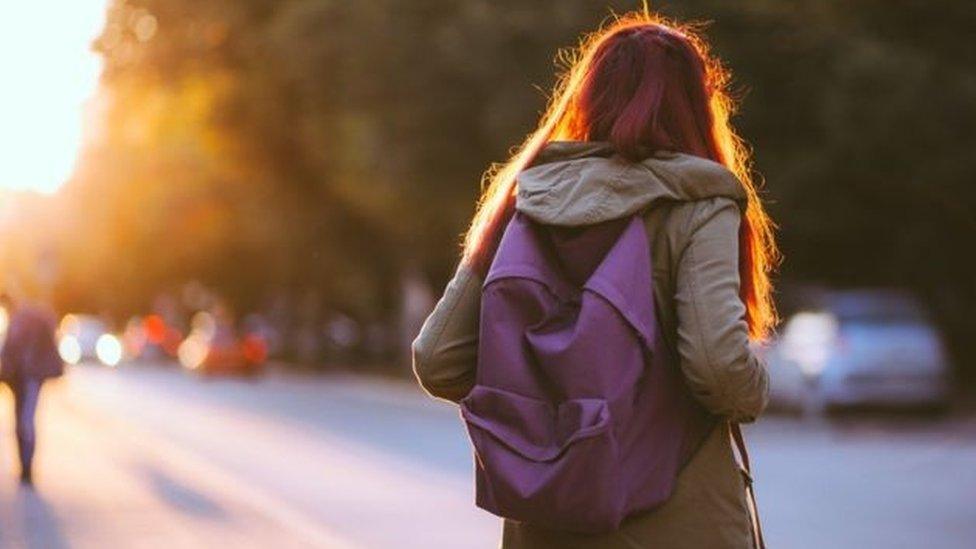Bedfordshire teachers speak out about verbal and physical attacks
- Published
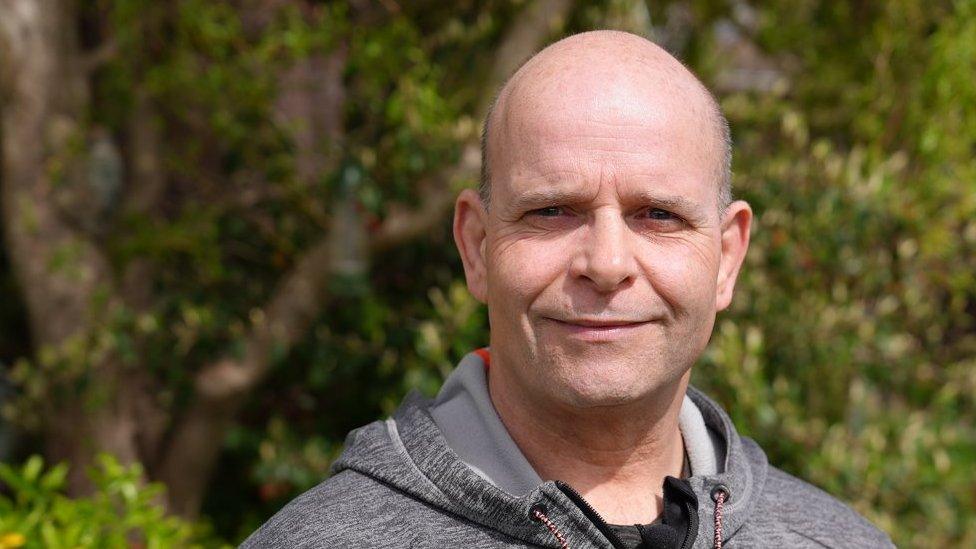
Matt, a teacher for 29 years, had to take two weeks off work after being attacked by pupils at his school
Teachers say they are under increasing physical and verbal attack from pupils. A recent BBC survey of 9,000 teachers found that one in five had been struck by a pupil this year. It has prompted many to question their career choice. Two teachers at unnamed secondary schools have shared their experiences with the BBC.
"I love the job. I came into this job because I love seeing that 'lightbulb moment' in the classroom," says Matt, a secondary school teacher in Bedfordshire.
He has been a qualified teacher for 29 years.
But, he admits, those "lightbulb moments" are increasingly being overshadowed by a disturbing trend.
"On the last day of term I was attacked from behind - I had eggs thrown over me and then I was punched in the back of the head twice," he said.
"That resulted in me receiving hospital treatment and subsequently two weeks off work with concussion."
He said the experience made him seriously question his future in the classroom.
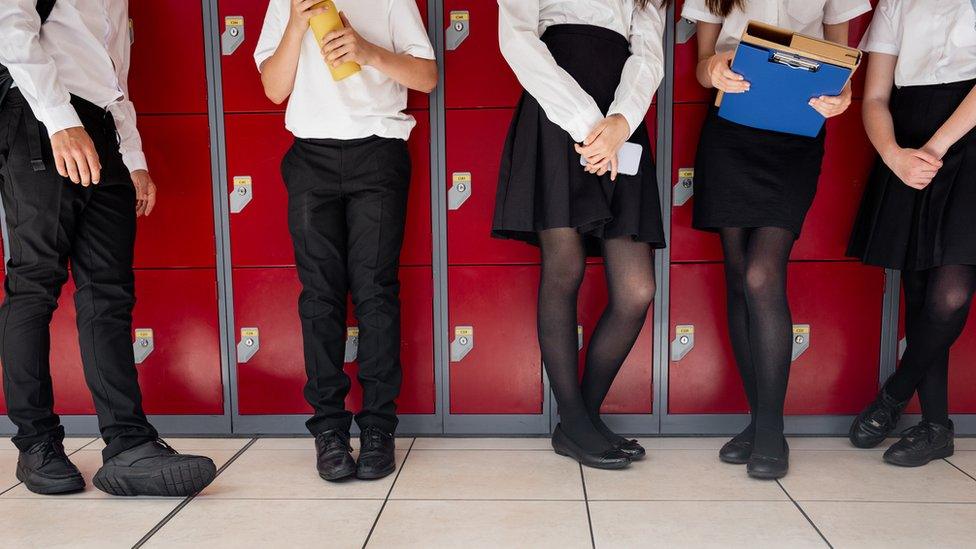
Teachers said they had seen an increase in anti-social behaviour among pupils
Dr Patrick Roach, general secretary of the NASUWT union, said teachers were reporting that violence and abuse in schools had "risen notably" since the pandemic.
One teacher told BBC News that behaviour had become a "never-ending battle". Another said spitting, swearing and chair-throwing happened regularly.
The Department for Education (DfE) said it had invested £10m in behaviour hubs to support schools.
But Matt believes the issue can often be closer to home.

Social media plays a part in pupils' behaviour, one teacher said
"I think the big changes I've seen is the rise in students saying 'no', and being backed by their parents - and the parents can be aggressive at times," school teacher Matt adds.
"It almost gives power to the children and reinforces their ability to say no."
He recalled one parent "shouting and swearing" at a school receptionist.
"I thought - for the very behaviours you're showing here and now, that is exactly what your daughter's detention is for... those are the sorts of behaviours that absolutely shock me at times."
He said anti-social behaviour was also creeping in amongst pupils, in particular "their lack of respect, use of bad language", and destroying school property, were all becoming more prevalent.
"After so long in this career - and I have loved it - I can see retirement on the horizon, but... it makes you query, actually, I just want to feel safe in my workplace."
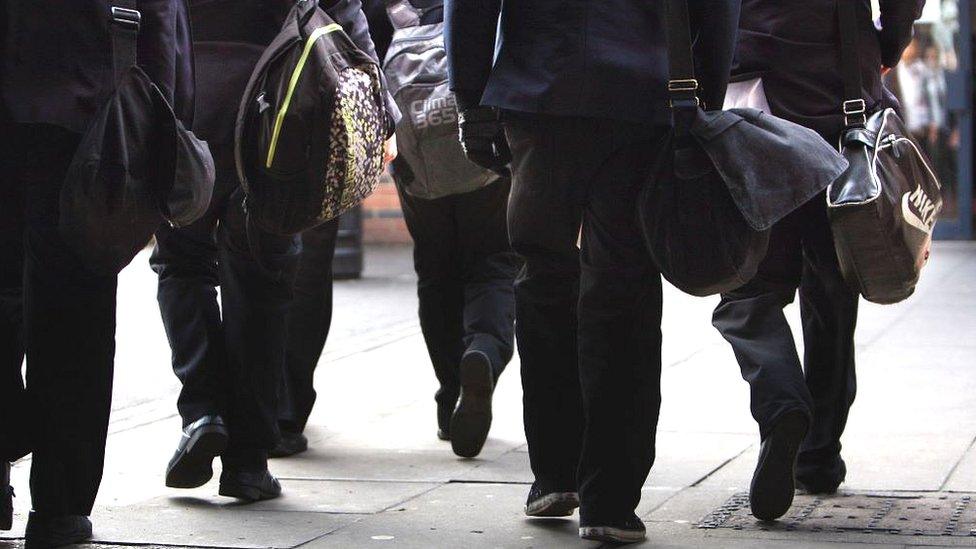
Teachers say they just want to feel safe in the workplace
Another teacher, Natalie - not her real name - works at a secondary school and is still recovering from a physical attack that left her mental health scarred.
She was injured by a pupil "ransacking" the school in a bid to find another student to fight with, she said.
"He kicked a colleague in the leg then turned around and punched me in my ribs.
"There were seven or eight of us teachers trying to diffuse the situation, but this child wouldn't be calmed in any way."
The incident has had a long-term psychological effect on Natalie.
"I'm still on antidepressants four months later," she said.
'You made a difference'
She was off work for six weeks and returned, but had a panic attack, as, she said, "this dread just overcame me - yes, it was scary".
It was, she said, "very hard" to do the job.
"Now I'm back, my head is straighter," she adds. "Those [pupils] are the minority.
"And the ones that you do get through to - it's worth everything.
"When someone comes running up to you, shouting your name because they remember you - it's wonderful to think you made a difference in their life somewhere, that they still recognise you, and are still overjoyed to see you - that's what it's all about."
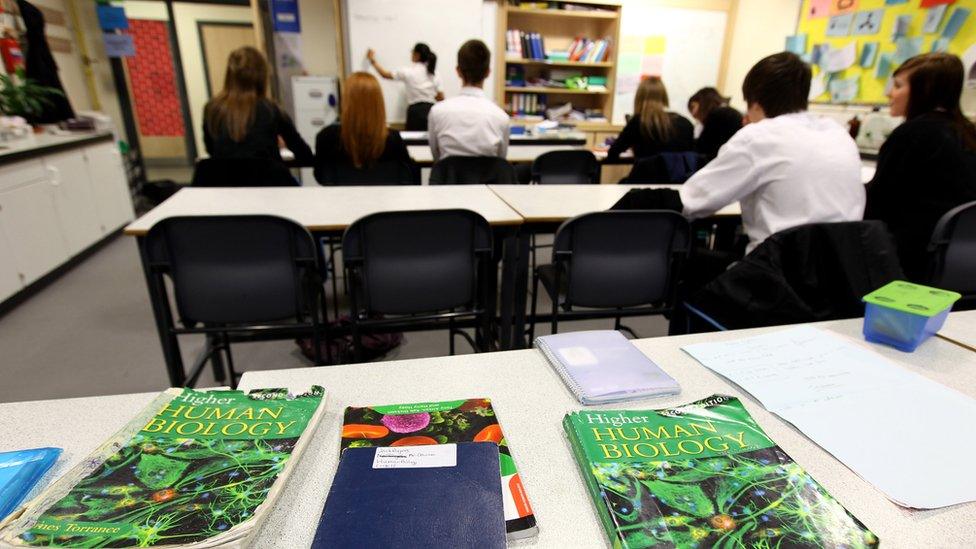
Teacher Natalie said the pupils who abuse staff and others are "the minority" but attacks can have lasting psychological effects
Paul McLaughlin, from the National Education Union (NEU), said: "There is an increase in difficulties with pupil behaviour - and it is of concern to us and our members.
"There's a mental health crisis amongst young people.
"Our members are many things, but they're not always able to provide all the help and support that students need - sometimes they need expert mental health provision, for example.
"But, they cope, admirably, in difficult circumstances."
The DfE previously told the BBC that "decisive action" was being taken to improve pupil behaviour.
A spokesperson said it had doubled its mental health and wellbeing scheme for headteachers this year, backed by £1.1m.
In 2020, the DfE launched a £10m behaviour hub programme to allow hundreds of struggling schools to be paired with others to learn new ways of dealing with poor behaviour.

Got a story? Email eastofenglandnews@bbc.co.uk, external or WhatsApp 0800 169 1830
- Published28 March 2024

- Published20 February 2024

- Published7 September 2023
- Published13 October 2022
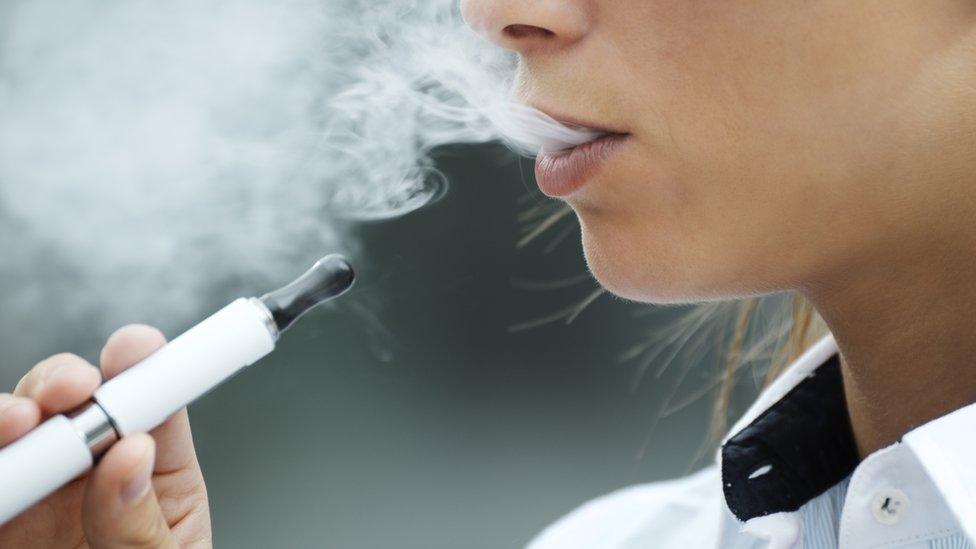
- Published9 January 2020
